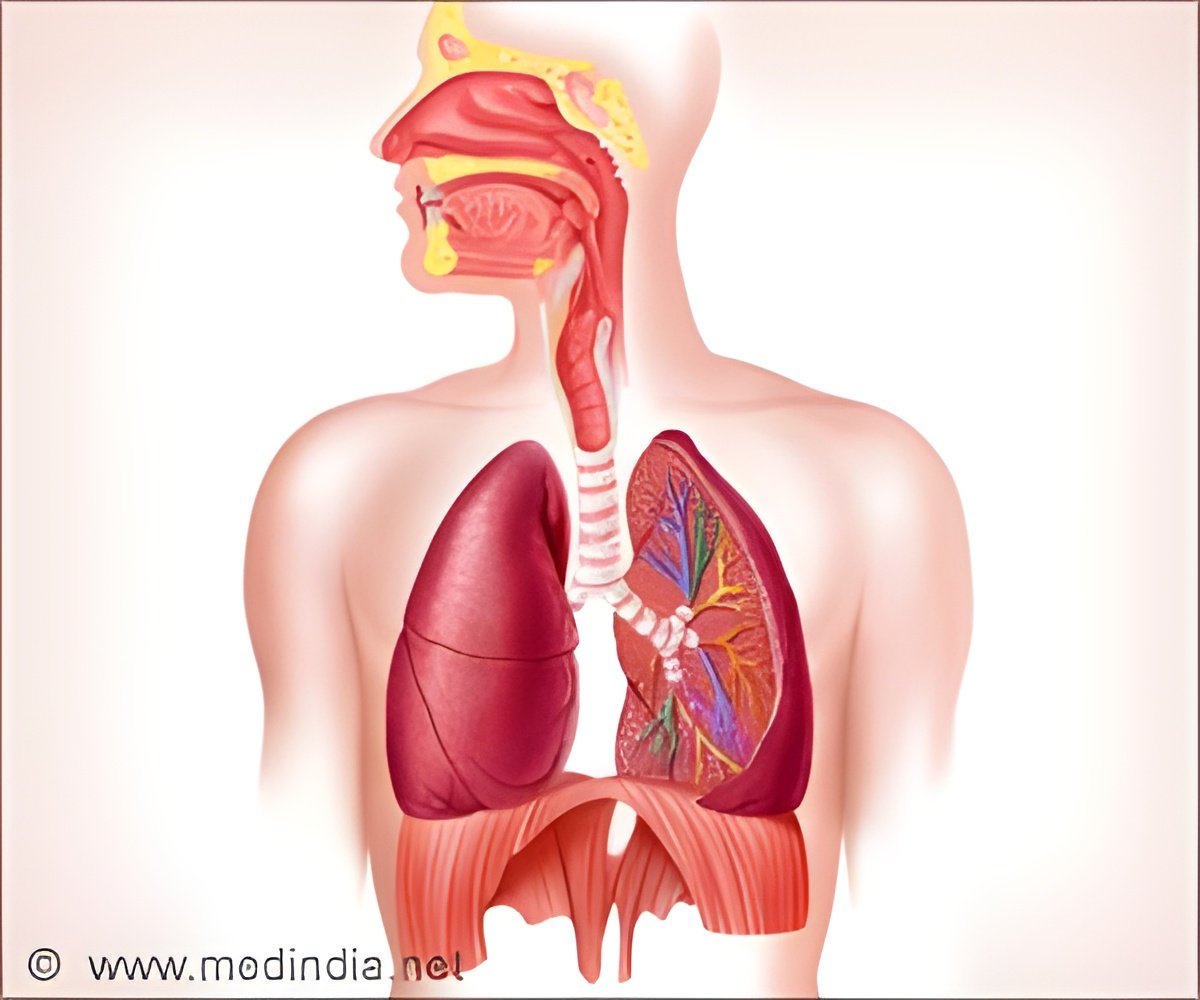Antibodies produced in the lung can prevent respiratory infections from becoming severe.

‘Antibodies produced in the lung can prevent respiratory infections from becoming severe. Understanding how antibodies and antibody-secreting cells can fight against lung infection will provide new directions for improving vaccines to prevent severe respiratory infection and for designing treatments that cure respiratory infections.’





The study team analyzed a combination of infections in experimental models and cells collected from human lungs. "We found lungs that had recovered from infections had new cells that were not there before infection, capable of quickly producing antibodies when stimulated. We showed that antibodies in the lungs helped fight microbes and removing the cells making these antibodies compromised lung defense against respiratory pathogens," says the corresponding author Joseph Mizgerd, ScD, professor of medicine, microbiology, and biochemistry at Boston University School of Medicine.
The team thereby speculates that these differences in lung-specific antibodies and antibody-secreting cells might be one of the important factors in determining who will become very ill or instead experience mild or even no symptoms when infected by a respiratory pathogen.
Also, the immunity that is lung-localized differs from more conventional types of immunity as it prevents severe disease instead of preventing infection altogether and is effective against a wider range of microbes instead of against only one single virus or bacteria.
"With a better understanding of the components of lung immunity that prevent severe infections, we will be able to identify who is prone to severe disease when infected. Leveraging this knowledge may provide opportunities to develop novel types of vaccines that prevent severe disease caused by a broader spectrum of microbes, such as for all coronaviruses or all influenza viruses."
Advertisement









